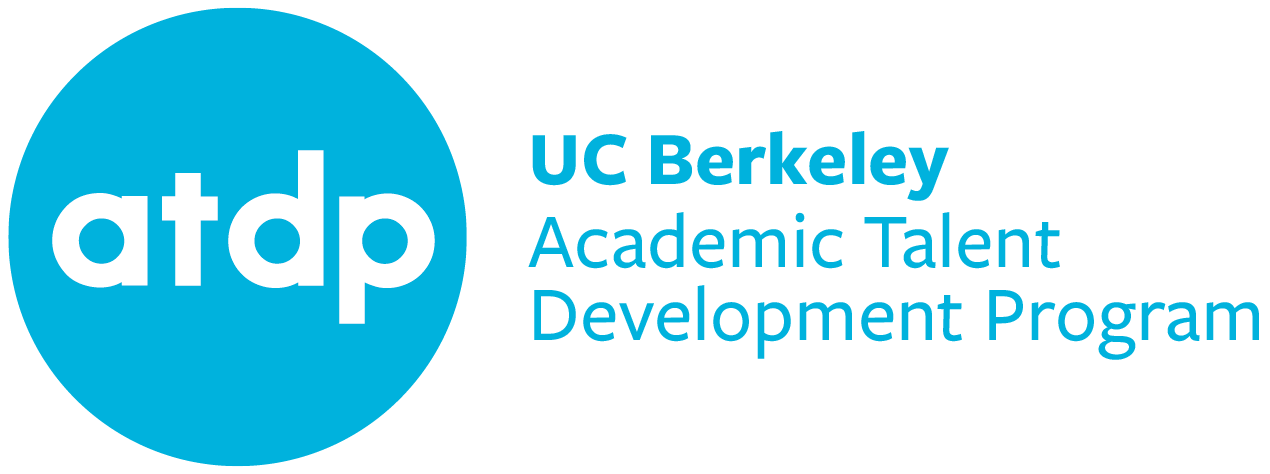Learning from Experts at the Elementary Division
Each expert teacher in ATDP’s Elementary Division works in tandem with an Instructional Associate, usually an advanced teaching credential candidate. Few, if any, credential programs provide their students with the opportunity to work within a classroom of students united in their passion for learning, with students arriving to class from a wide range of socio-economic backgrounds. ATDP believes that if novice teachers are to develop a vision of how to teach students to grow into expert young scholars, it is vital for them to experience teaching and learning in ideal classrooms, under the mentorship of experts.
Donald Schorr, a former ATDP Instructional Associate, wrote a very reflective letter highlighting some differences between his own teaching experiences and those of most of his colleagues at school. He had just completed three years of teaching in a low income, problem-riddled community, isolated from the very prosperous communities nearby by two freeways and train tracks, and light years away from them in terms of educational outcomes. He said that he credited his experiences in Elementary Division classrooms with providing him an alternate vision of what a classroom should be. He wrote that his mission was to convince administrators and his colleagues that classrooms like theirs should strive to replicate the environment and activities of the ATDP classrooms in which he had assisted and collaborated.
Donald concluded that one of the most important lessons he had learned at ATDP is that there are not separate pedagogies for separate groups of students:
[There’s] something called good teaching. And there’s only one group: its called ‘students.’ Not only that, but I learned that all groups learn best through multiple learning modes, that all students must be provided with a structure for learning, and that it’s an excellent thing when a classroom is abuzz with purposeful chatter, with kids intent on their own learning activity, and where everyone has a good giggle a few times each day.
Teaching Novice Teachers about the Seriousness of Play
Donald singled out the melodrama course in which he had assisted as an especially good example. The text used for this course for third graders was based on the “Winsome Winnie” tale from Stephen Leacocks 1921 book Winsome Winnie and Other New Nonsense Novels. In the class, Winsome Winnies story is performed by the students, in a fully costumed (melo-) dramatic production, to a grateful audience of students, family members, and friends. The language of the script is filled with puns and the super-proper talk of would-be-proper characters.
Donald’s mentor, master teacher Flossie Lewis, selected this text. Lewis uses melodrama as a way of permitting students to learn to savor the possibilities of word play, of experiencing humor, even irony. To do so while dancing the waltz, as do her students, makes it easier to take leaps of many kinds, and certainly defuses many students’ concerns about their own abilities, about performing, about fitting in, and a whole host of other worries students have.
Lewis points out that all groups of children use affected speech in their play as they take on any role. The affectation varies, but regardless, it is certainly lofty—be it lofty hip-hop, or lofty Victorian, or the pretend parlance of characters from mythology. Flossie maintains that the more precise or specialized the language used, in context and with scaffolding from the teacher, the more delighted are the students, who then use each new word to fill out even more their detailed images of subjects, topics, and characters.
In our example of the trials and tribulations faced by our dear little orphan-in-the-storm Winnie, Flossie Lewis uses drama, language, and dance as ways to encourage students to suspend disbelief and enter without preconception a new world of language usage. From there, with differences bridged by engaging play, students learn to identify affect and laugh at pompous characters. They recognize and play with manners from other eras and places, and in three weeks they learn more literary analysis and interpretation than they might through two years or more of direct instruction in school.
Donald’s learning experience was similar to that of the students. Since much of what he experienced ran counter to current student teacher doctrine and practice, and since his learning was scaffolded by an expert teacher with highly developed knowledge, he began his teaching career light years ahead of his school site colleagues. Among teachers left on their own, skills and knowledge such as those possessed by Flossie Lewis most rare. But when novice teachers, such as Donald Schorr are taught by experts, when the teachers’ learning is modeled and scaffolded, they learn quickly and efficiently. This is exactly what decades of novice teachers who have worked with Lewis have done, and each of them has gone on to teach other curious, question-asking teachers.
On Novice and Expert Teachers in the Secondary Division…
- Instructors Cultivate Metacognition in SD Math Courses
by Adena Young, Math Department Chair - Summer’s Sociologists: SD instructor Leo White reflects on his first summer at ATDP
by Shadrick Small, Program Staff
